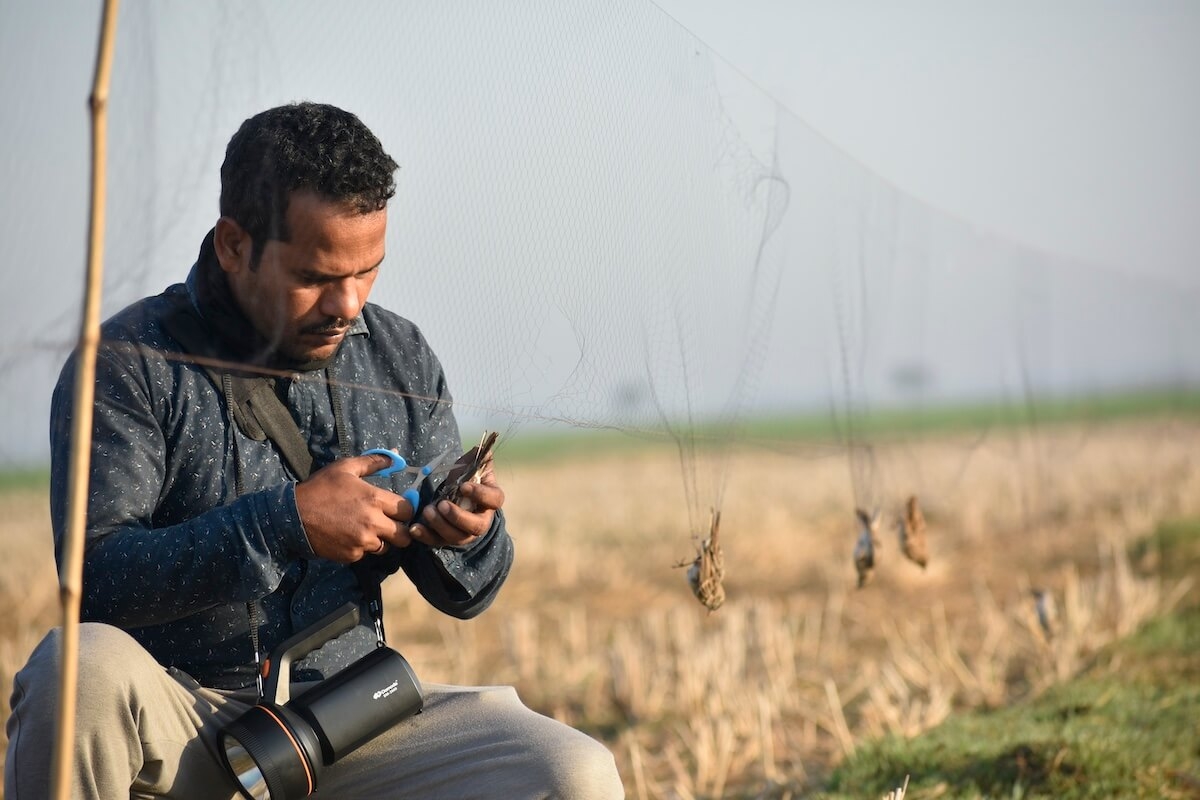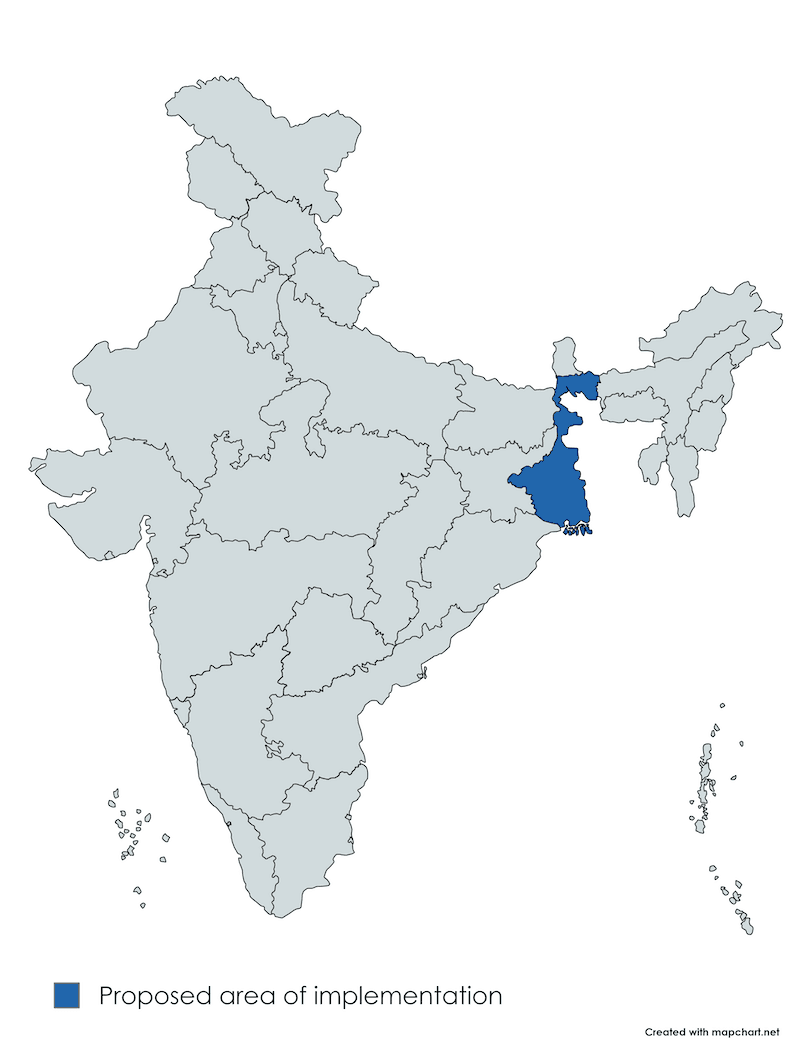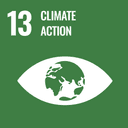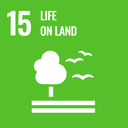
Empowering communities to protect migratory birds of Central Asian Flyway

Empowering communities to protect migratory birds of Central Asian Flyway
A silent crisis unfolds as migratory birds, en route to their breeding grounds, fall prey to rampant poaching in west bengal. Through strategic interventions such as community engagement, surveillance, and enforcement coordination, this project aims to disrupt the illicit bird trade and safeguard critical habitats.


- (iv) Environmental Sustainability
West Bengal
Open for Funding
Pilot Project done. Funds needed to scaleup
Executive Summary
In the rich greenery of central West Bengal, a silent crisis unfolds as migratory birds, en route to their breeding grounds, fall prey to rampant poaching. These avian travelers, seeking respite from harsh winters, instead encounter peril in the form of illegal trapping and trade, threatening not only their own survival but the delicate ecological balance of their habitats. The trade in migratory bird meat, fueled by local demand and facilitated by systemic inertia, persists as a grim reality, unchecked by enforcement measures.
We, at HEAL have embarked on a bold initiative to stem the tide of this ecological malfeasance. Drawing on a multifaceted approach, this project seeks to empower local communities as custodians of their natural heritage, arming them with knowledge and resources to combat wildlife crime. Through strategic interventions such as community engagement, surveillance, and enforcement coordination, this project aims to disrupt the illicit bird trade and safeguard critical habitats.
The geographic scope of the project encompasses the districts of Murshidabad, Birbhum, and East Bardhaman, where poaching hotspots dot the landscape and wetlands teem with avian life. Here, the project's impact is poised to resonate far beyond the boundaries of its intervention, reverberating through ecosystems and communities alike.
Expected outcomes include tangible reductions in poaching incidents, measured through quantitative metrics such as confiscated equipment and decreased bird mortality rates. Qualitative shifts are also anticipated, as heightened awareness and collaboration among stakeholders engender a culture of conservation and collective responsibility.
At the heart of this endeavor lies a vision of resilience and renewal—a vision where migratory birds traverse skies unburdened by the specter of poaching, and where communities stand united in their commitment to safeguarding nature's treasures.
About the NGO
Human & Environment Alliance League (HEAL) is a public charitable trust, established in 2017 with the aim of addressing critical conservation issues threatening the ecological security of eastern India. These encompass mass ritualistic hunting, poaching and illegal wildlife trade, habitat encroachment and degradation, and human-wildlife conflict. HEAL tackles these complex problems using a multi-pronged approach that includes rigorous scientific research, engaging with local communities, conducting field investigations of wildlife crimes, collaborating closely with law enforcement authorities, and, when necessary, seeking judicial intervention through Public Interest Litigations.
- In February 2024, HEAL was felicitated with the "Nature and Biodiversity Conservation Award 2023" at International Conference and POP Festival for Youth-Led Climate Action at the India Habitat Centre in New Delhi
- In recognition of our work in the Sundarbans, the West Bengal Forest Department has felicitated HEAL in 2021, 2022 and 2023 on Global Tiger Day
- Our co-founder Tiasa Adhya is a President's awardee (Narishakti Puraskar 2016), Sanctuary Asia Wildlife Service awardee (2016), Future For Nature Foundation, Netherlands awardee 2022
- Our two other co-founders Meghna Banerjee and Suvrajyoti Chatterjee were co-recipients of the Sanctuary Asia Wildlife Service award 2020
Please Login to view the additional details or Register as Donor
- Project Details
- Proposed Intervention
- Monitoring & impact
- Budget
- Additional Details